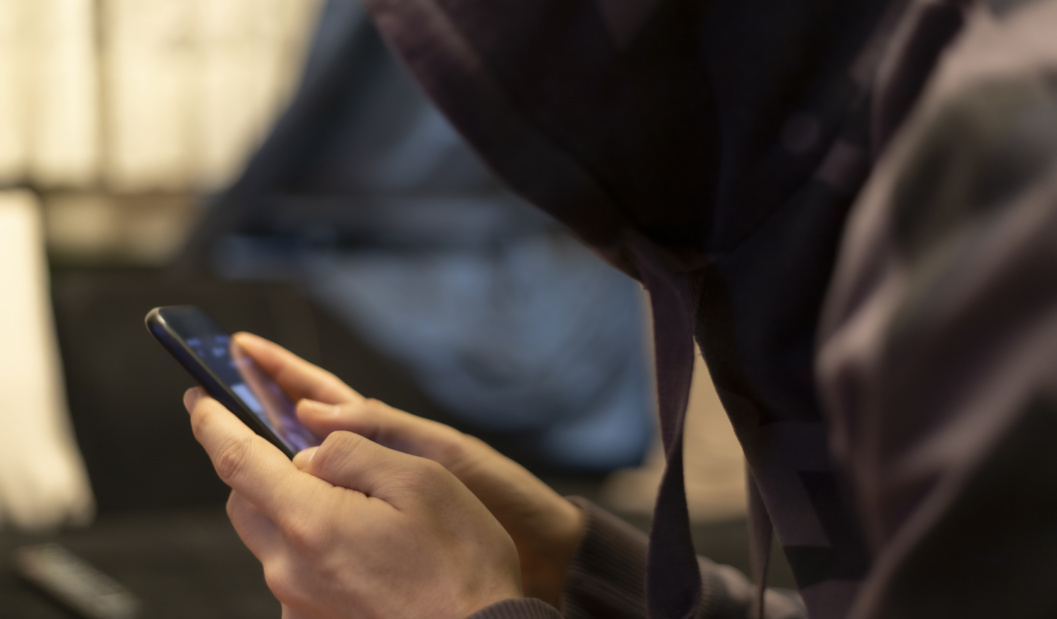This article is for general information only and should not be relied on for specific legal advice. The author will not be held responsible for any action that a person takes as a result of interpretation of the contents of this article. It is important to seek specific advice from a qualified and experienced lawyer for any legal problem.
A bomb hoax is essentially a bomb threat. It is a threat to detonate an explosive that causes damage to property, injury to people or even death. In Australia, all bomb hoaxes are taken seriously whether or not they are likely to be true.
An example of a bomb hoax includes a school principal receiving a call the morning of school exams to say that there is a bomb located on school premises.
The Law Surrounding Bomb Hoaxes
Section 321A of the Criminal Code (Qld) 1899 states:
“(1) Any person who—
(a) places an article or substance in any place; or
(b) sends an article or substance in any way;
with the intention of inducing in another person a belief that the article or substance is likely to explode, ignite, or discharge a dangerous or noxious substance, commits a crime.
(2) Any person who, in Queensland or elsewhere, makes a statement or conveys information to another person that he or she knows or believes to be false, with the intention of inducing in that person or another person a belief that an explosive or noxious substance, acid or other thing of a dangerous or destructive nature is present in a place in Queensland, commits a crime.”
Elements of the Offence:
It is the duty of the prosecutor to prove beyond a reasonable doubt that the Defendant has committed the offence. Every charge has a number of elements that the Prosecutor must prove beyond a reasonable doubt.
For the charge of Bomb Hoaxes the Prosecution must prove;
Section 321A(1):
- Defendant – The Prosecutor has to prove the identification of the offender;
- Placed or sent;
- An Article or substance in the place or sent it;
- With the Intention to adduce another;
- To believe;
- That the substance would explode / ignite or discharge a dangerous or noxious discharge.
Maximum Penalty for a Bomb Hoax
The maximum penalty for this offence is five years or seven years imprisonment.
In Queensland, if a person is convicted of Bomb Hoaxes, then the court could impose one of the following penalties:
- Jail (suspended, parole or actual time);
- Intensive Corrections Order;
- Probation;
- Community Service Order;
- Fines.
The actual penalty will depend on the circumstances of the matter including the seriousness of the offence and the individual circumstances and background of the Defendant.
Possible Defences for Bomb Hoaxes
There are a number of defences available to charges at law. Not every defence is available to every charge. You will need to seek specific legal advice to see if you have a defence available to you for this charge. Some of the common defences available in criminal charges are;
- Necessity;
- Mistake of Fact;
- Public Safety;
- Self Defence or defence of another person;
- Intoxication;
- Provocation;
- Accident;
- Duress;
- Compulsion;
- Insanity;
- Automatism
Which Court will your matter be heard in?
The charge of committing a bomb hoax is an indictable offence and must ultimately be determined in the District Court. A committal hearing will have to be conducted in the Magistrates Court, and then the matter will proceed to the District Court. If you enter a plea of guilty then the charge will be determined by a Judge. If you enter a plea of Not Guilty then the trial will be before a Judge and Jury. If you are found guilty then you will be sentenced by the Judge.
What should I do if the police want to speak to me about a Bomb Hoax allegation or if I am charged with Bomb Hoaxes?
You have the right to remain silent. You DO have to provide police with your name, date of birth and contact details. You should NOT answer any questions, make any statement or participate in any interview with the police. You should be polite to the officer but insist that you want to talk to your lawyer. You have the right to telephone a friend, relative or lawyer.
Call a Criminal Lawyer
If you are charged with a criminal offence, it is very important that you seek immediate legal advice. Our team at Brooke Winter Solicitors can give you over the phone advice. We have a solid reputation as expert Criminal Lawyers and can represent you in court. Call us on 1300 066 669 if you have any questions. We can assist you no matter where you are located and can appear in every court.





